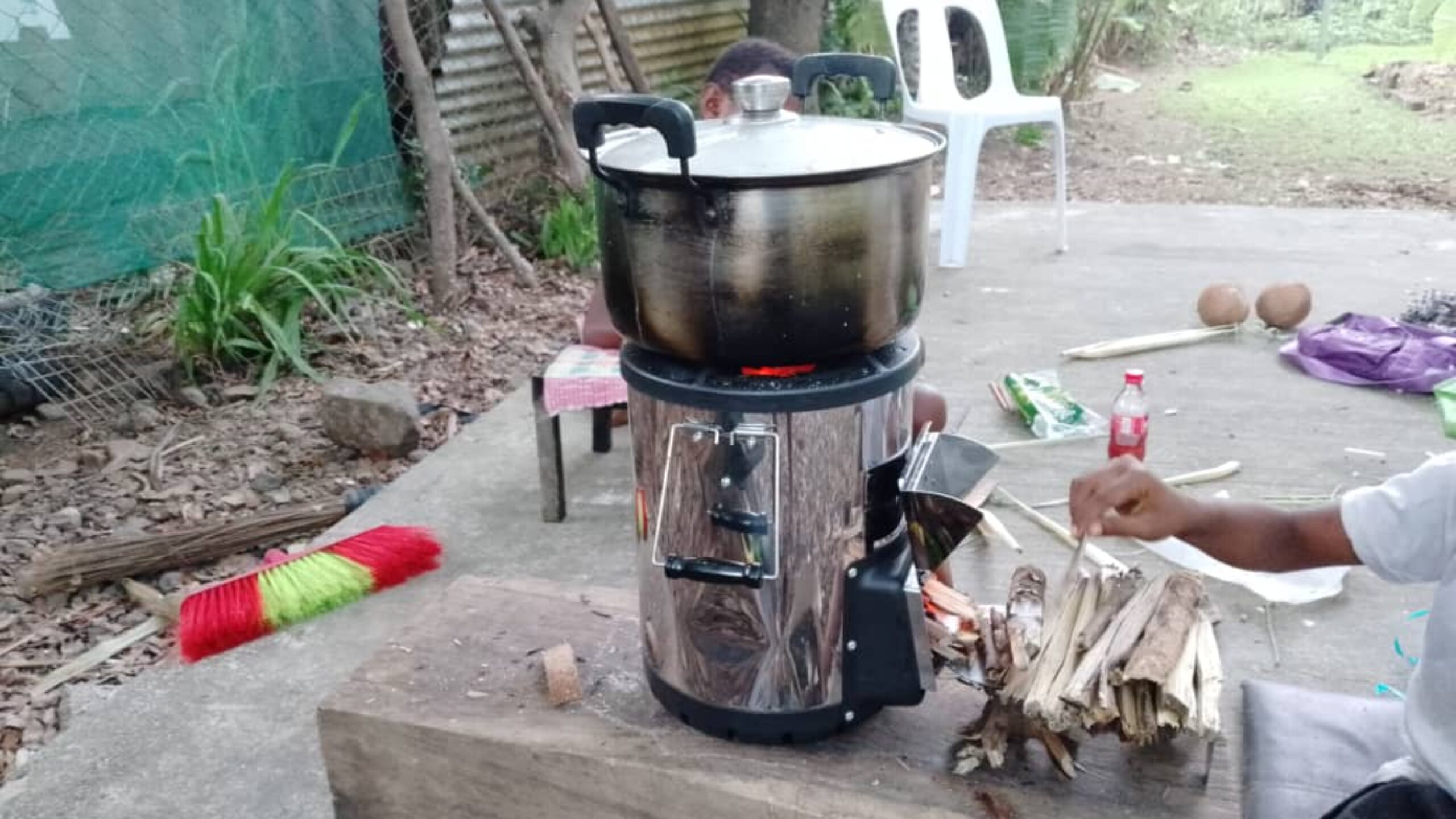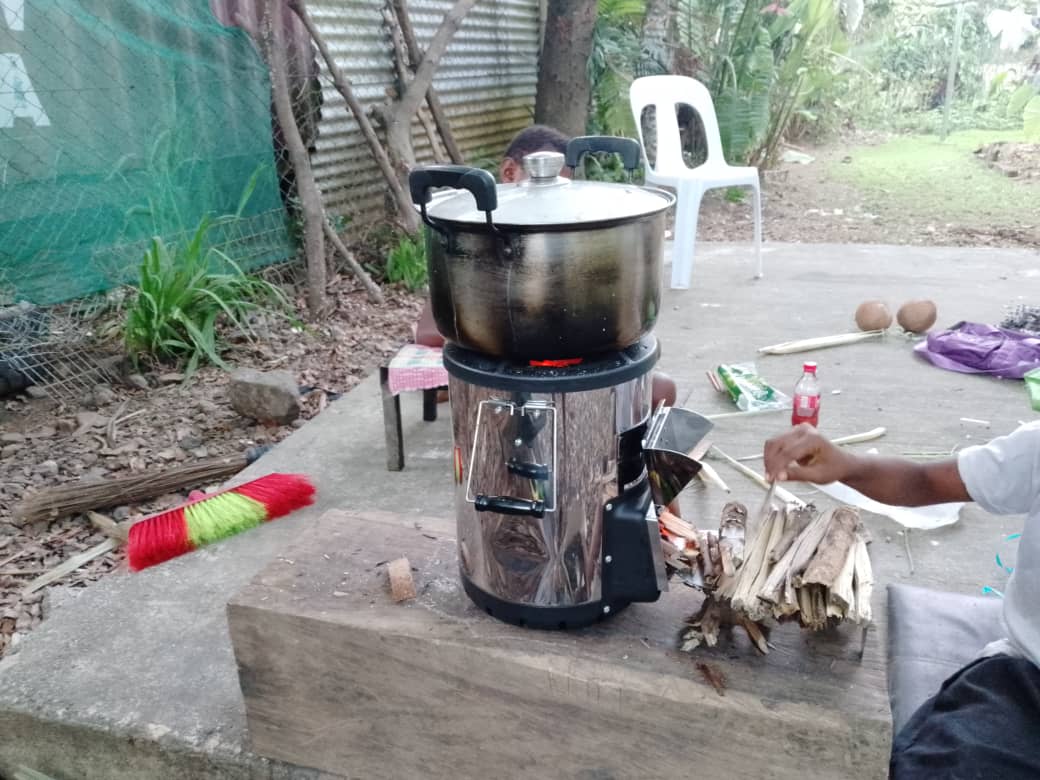
How solar lights are bringing families together in the New Guinea Rainforest
Imagine your only light at night was a battery operated torch or kerosene lamp.
Now imagine you live in the middle of the New Guinea Rainforest, with a minimal source of light to work with. In Papua New Guinea (PNG) the sun sets daily between 6-7pm, plunging rural communities without electricity access into darkness.
But, what if there was a solution?
A project is bringing solar lighting and fuel efficient stoves to 31 households in the community of Sololo. Its impact is already being felt by the families living there.
More hours in the day
Although the sun may set early, PNG receives (as you may expect) an abundance of sunshine, making solar a reliable source of energy. Solar lights provide a consistent source of clean light , meaning that unlike kerosene lamps it does not emit pollutants. But it doesn’t end there – solar powered lights have so many additional advantages. Having their houses lit up at night means that families can cook, eat and chat well after the sun has set. Children are able to do their homework at night and parents can prepare food before their children go to school in the morning, even if it’s still dark outside.
Having access to light means that all these activities, as well as many more, including making cultural crafts or even just cleaning the home, can be completed without light restrictions playing a part.
As well as providing light, these solar lights come with charging ports, enabling families to charge their phones more frequently and communicate with families and relatives outside of the village.
Not just light
Biomass stoves are also being distributed as part of this pilot project. These use a lot less wood than open fires and cook food faster. Less firewood needed to keep the stove burning means less time spent collecting wood. Families will only need to collect firewood once a week, compared to up to three times a week before. This frees up time for other activities, reduces stress on the community and reduces pressure on the forest. Crucially, these stoves produce much less smoke than traditional open fires, meaning cleaner and safer air inside households.

Bringing families together
This pilot project is bringing families closer together during darker evening hours and helps them stay comfortably indoors during rainy days when the light is low. The positive impact happening in Sololo as a result of these solar lights and biomass stoves has been noticed by neighbouring partner communities who can see the benefits and also want similar projects in their villages.
Want to help make this possible? Donate today.